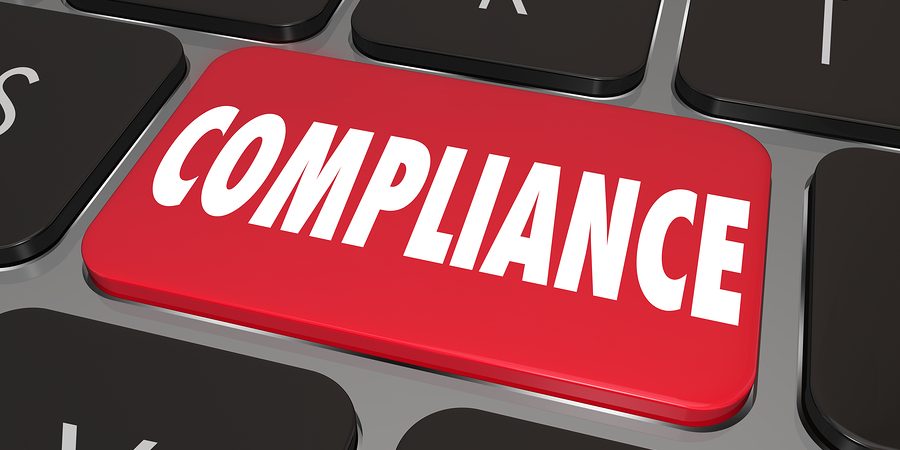The difference between the auditor and compliance officer within organisations is not always clear. There are definitely similarities and the two have common characteristics with some overlap so it is reasonable to confuse the two as almost merging into one another. They must work together in many cases but there are distinct differences. Distinct and important.
There is one interesting difference to note, in that, the compliance officer may be audited by the auditor in order to ensure they are doing the right thing but this does not work in the reverse. This is due to the compliance officer role being specific to operational and regulatory risk and the auditor’s role spanning across ALL risk to the organisation.
Simple?
Not exactly so here’s a more detailed explanation
Compliance Officer
Your compliance officer must be familiar with current and upcoming, potentially changing legislation imposed by regulatory bodies. This in order to set operational policy and procedures for relevant parties within or related to the business to follow so as to comply and avoid any potential risks around this.
The compliance officer focuses on regulatory and other requirements and then sets a solid policy and procedure to be followed now and moving forward.
Their role is specific to the regulatory and operational procedure risks to the business.
Auditor
The auditor studies the policy and procedures set and then the adherence to them by relevant parties. They check on how tasks have been carried out. It is after this assessment of policy and procedures the auditor can provide assurance all procedures meet that policy now and in the past.
The auditor looks at current procedures just as the compliance officer does but looks back too in order to provide assurance that all activities have been carried out according to set policy and procedure.
Again, their role is not specific to the operation but rather spans across ALL risk to the business.
Cooperation is Key
All organisations should strive for a cooperative team in order to run smoothly. The compliance officer should ideally be working intrinsically within the organisation in order to educate and advise on operational compliance. All members of the team should be aware of their role in compliance at all times through clear communication.
Whilst the compliance officer and the auditor should indeed be working cooperatively too, an auditor must remain completely independent in order to assess procedures and provide assurance without bias.
So it is true that the roles have some crossover and it is essential for them to work in a cooperative way as with all roles in a successful business. We can see though that the differences are indeed distinct and of importance to the organisation.
If you would like to learn more about our Audit, Risk and Compliance services please visit our Professional Services page on our website.

